Will a VPN Slow Your Connection?
In today's digital age, concerns about online privacy and security have led to the widespread use of Virtual Private Networks (VPNs). A VPN offers a secure and private connection by encrypting data and routing it through a remote server. However, many users wonder about the potential impact of a VPN on their internet speed. Will a VPN slow down your connection? Let's explore the factors that contribute to the speed implications of using a VPN and how to choose a VPN that doesn't hinder your online experience.
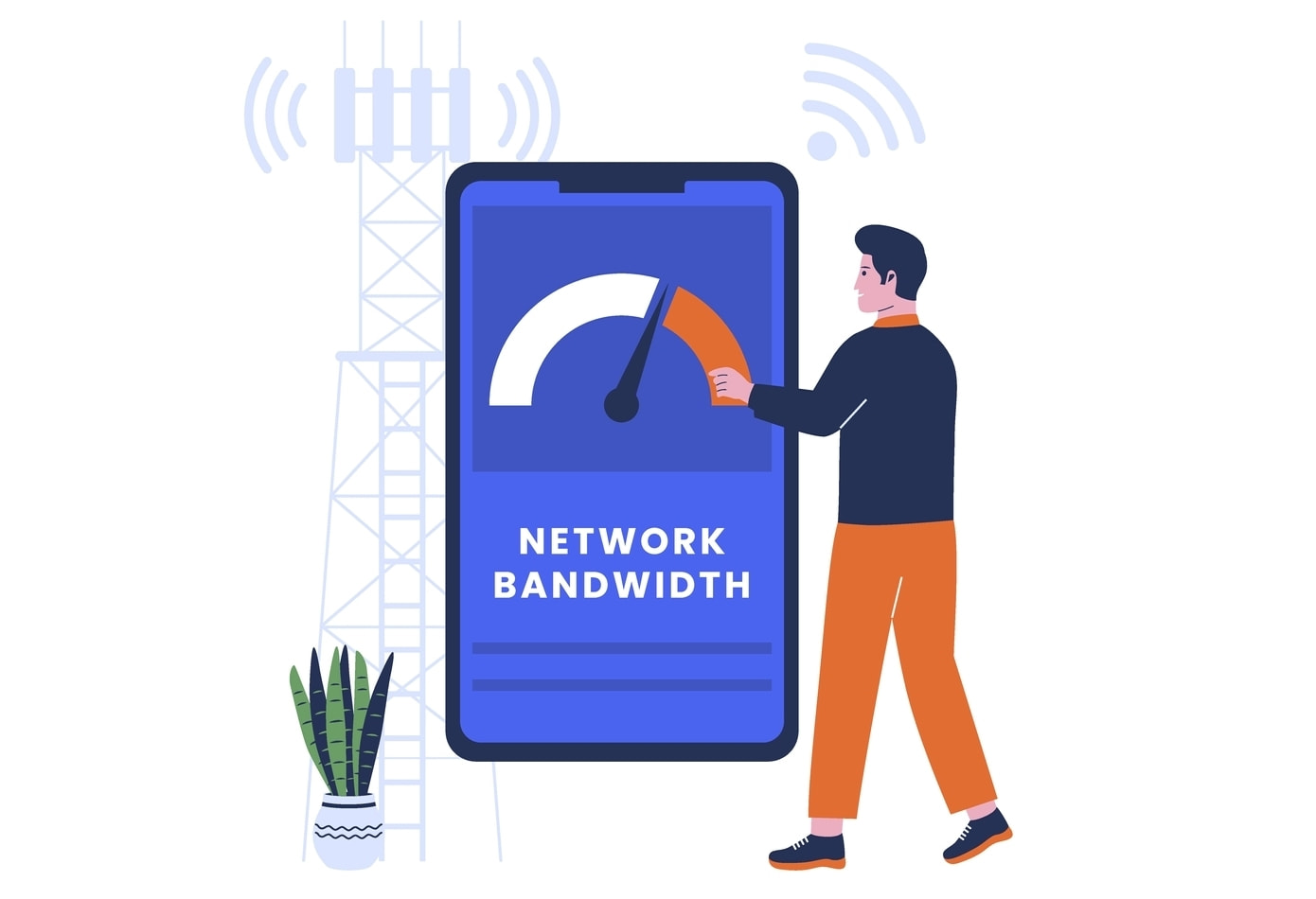
Impact of VPN on Internet Speed

Using a VPN (Virtual Private Network) can impact internet speed due to several factors. The encryption and decryption processes involved in VPN communication can introduce a slight delay, causing a minor reduction in internet speed. Additionally, the physical distance between the VPN server and the user, as well as the server's capacity and current load, can influence the speed experienced.
However, in some cases, a VPN might enhance speed by optimizing the route and bypassing congestion on the internet, ultimately leading to a smoother and faster browsing experience. Overall, the impact on internet speed varies based on multiple factors, including the specific VPN service, server location, and network conditions. Let’s take a look at them.
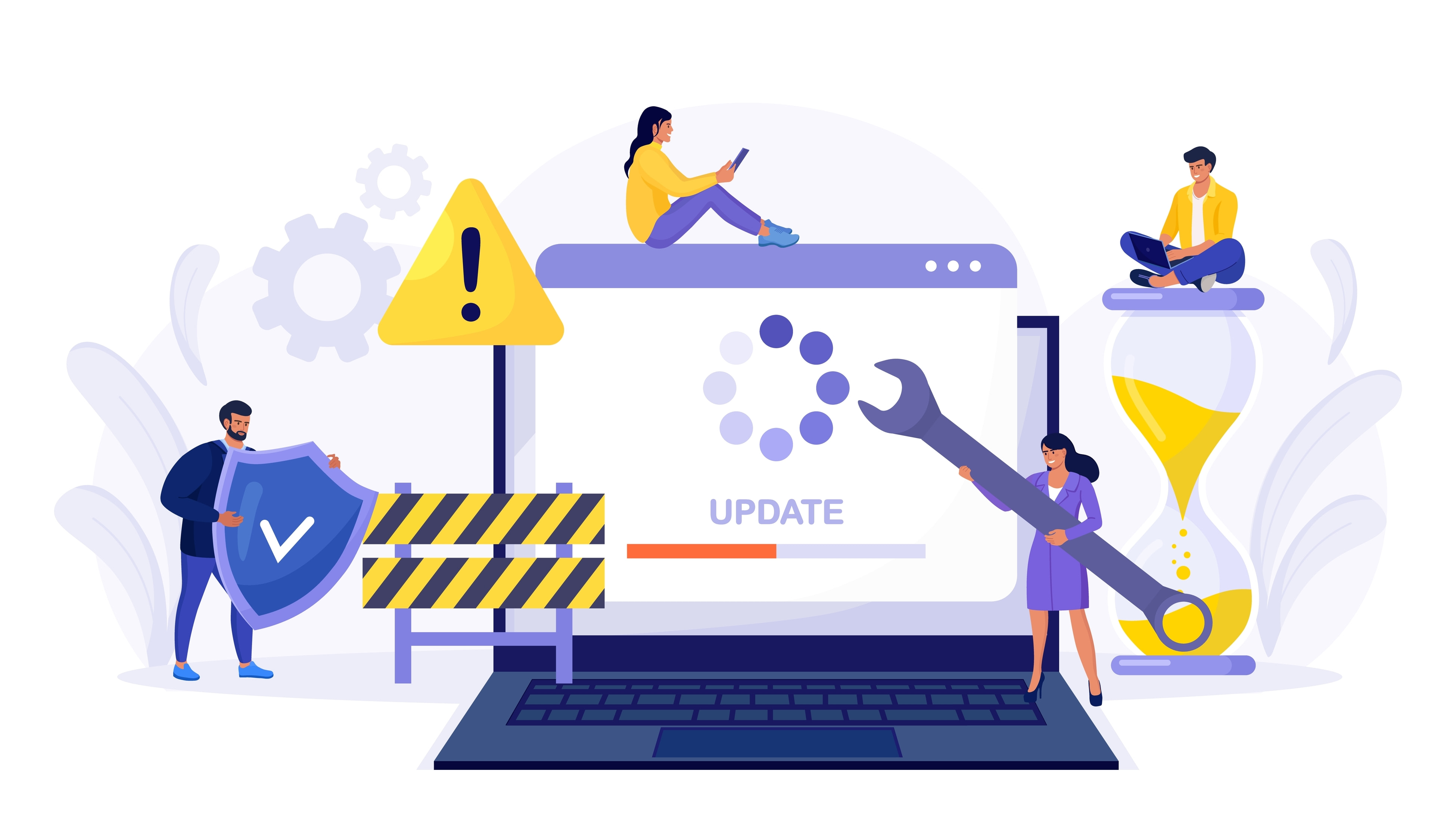
Factors That Make a VPN Slow Down Your Internet Speed

Encryption and Decryption Process
When you use a VPN, your data is encrypted before being sent through the VPN tunnel. This encryption process requires additional computational power and time. Similarly, when the data reaches its destination, it must be decrypted, which again takes some time. This process can introduce latency, affecting the overall speed of your internet connection.
Distance to the VPN Server
The physical distance between your location and the VPN server can influence the speed of your connection. The further the data has to travel between you and the VPN server, the longer it takes for the data to reach its destination, potentially leading to slower internet speeds and increased latency.
Server Location
The location of the VPN server you connect to plays a significant role in determining your internet speed. If the VPN server is located far from your physical location, the data has to travel a longer distance, resulting in increased latency and slower speeds.
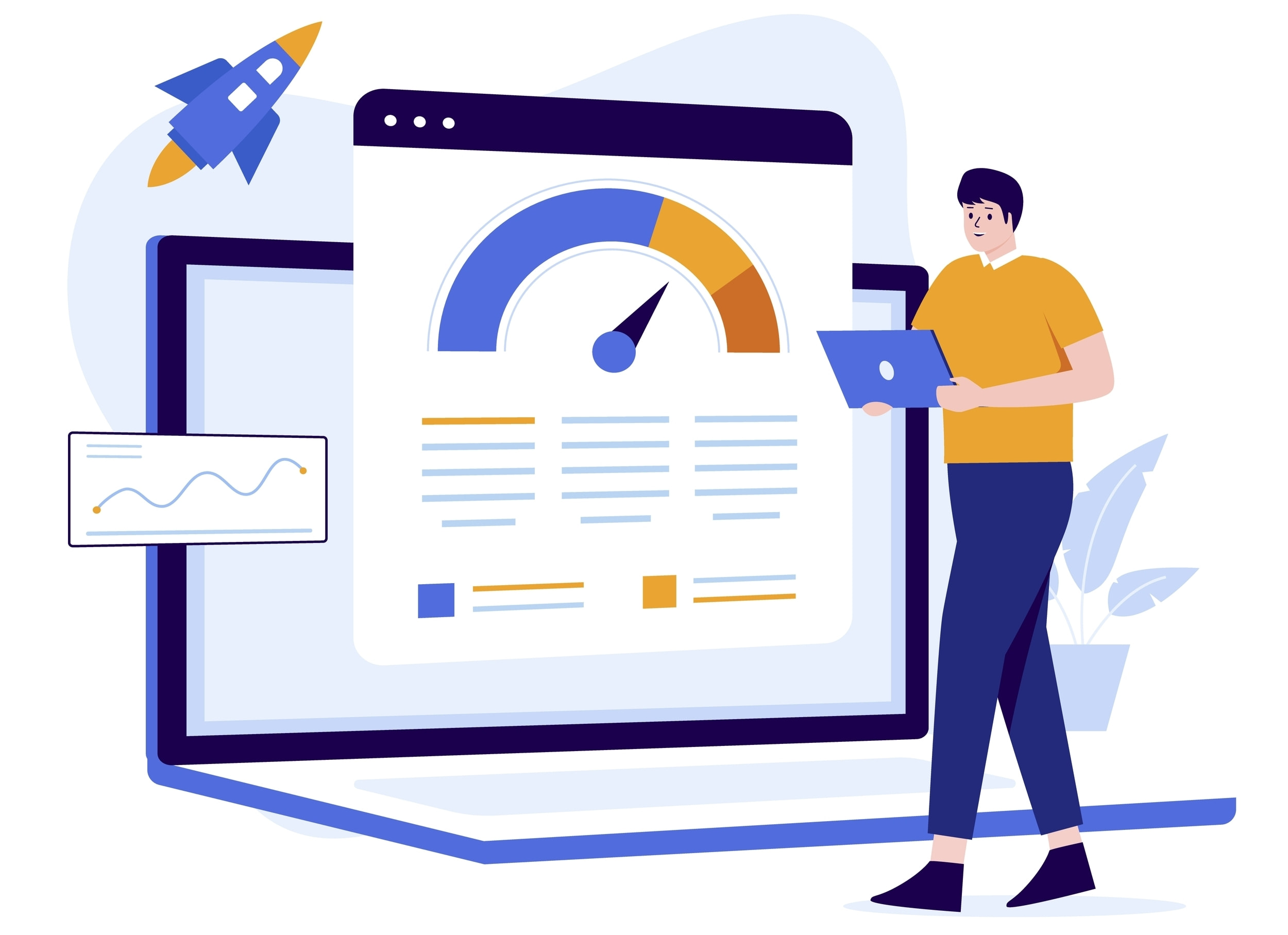

Server Load
The number of users connected to a VPN server, often referred to as server load, can impact its performance. If a server is handling a high volume of traffic from multiple users, it may become congested, causing a slowdown in internet speed for all users connected to that server.
VPN Protocol
The VPN protocol used affects the speed of your connection. Some protocols prioritize security and encryption, which can slow down your internet speed. Others focus on faster connections but may compromise on security. Finding the right balance between speed and security is crucial.
ISP Throttling
Some Internet Service Providers (ISPs) actively manage and throttle internet traffic, especially during peak usage times. When using a VPN, your traffic is encrypted, making it difficult for your ISP to identify and throttle specific services or applications. However, if your ISP is already throttling your internet, a VPN might not completely mitigate the slowdown.
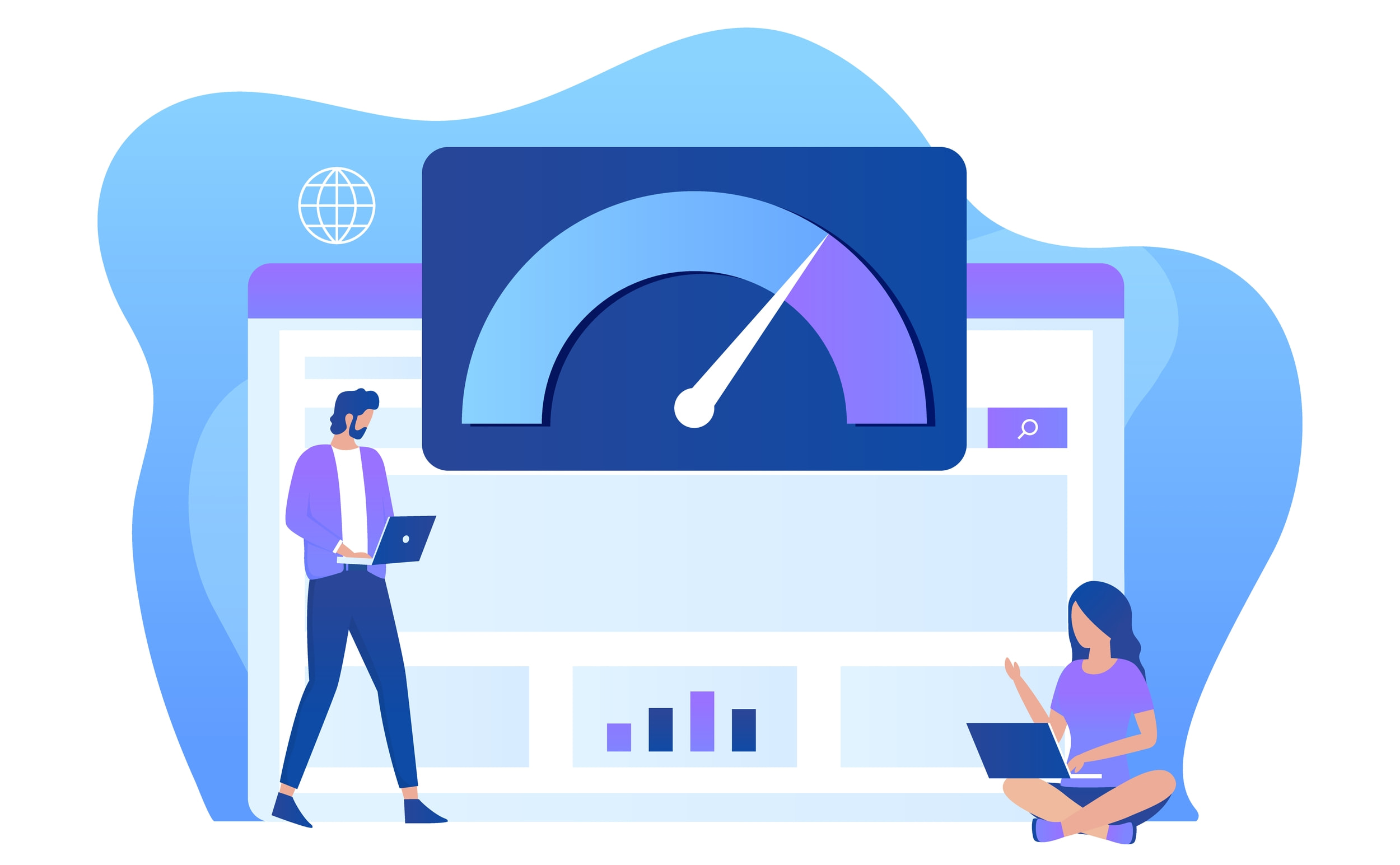
Why Some VPNs Don't Slow Down the Internet

While it's true that VPNs can impact internet speed, not all VPNs will significantly slow down your connection. Some well-designed VPNs have optimized infrastructure, efficient protocols, and a vast network of servers strategically placed to minimize speed reduction.
These VPNs use advanced technologies to ensure a smoother browsing experience without compromising on security. They invest in high-performance servers and continuously monitor server loads to distribute user traffic effectively.
Moreover, innovative VPN providers are always working on enhancing their protocols to find the right balance between encryption and speed. They invest in research and development to improve the efficiency of the encryption and decryption processes, thereby reducing latency and ensuring faster connections.
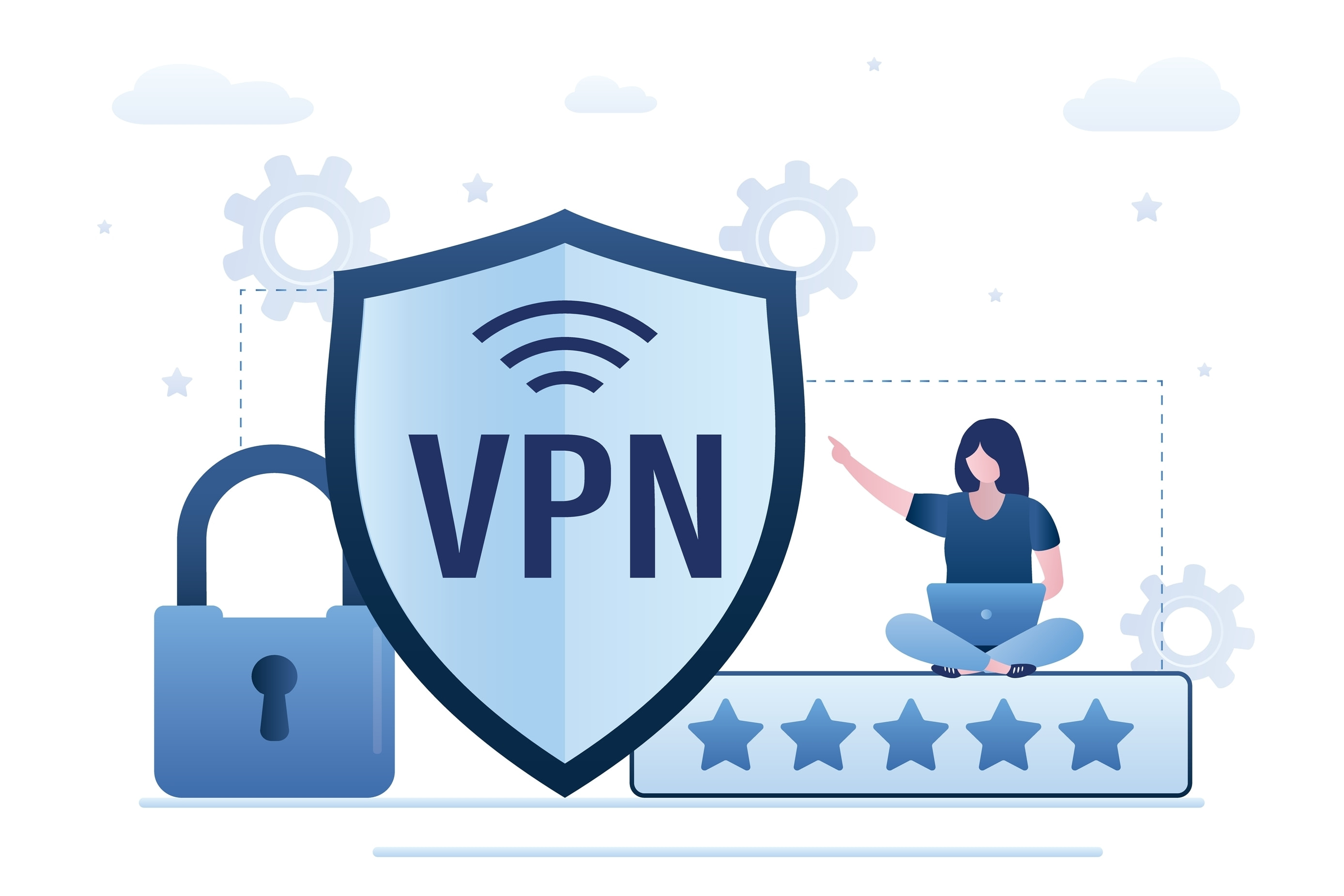
Choosing the Right VPN

Virtual Private Networks (VPNs) are essential tools for maintaining online privacy, security, and anonymity. However, selecting the right VPN that offers both reliability and speed can be a daunting task due to the plethora of options available. To assist you in making an informed decision, we've compiled a detailed guide on how to choose a VPN that prioritizes both reliability and speed.
Understand Your Needs and Priorities
Begin by identifying your specific needs and priorities. Ask yourself questions such as:
- Why do you need a VPN? (e.g., privacy, bypassing restrictions, secure online transactions)
- Do you require a VPN for streaming, gaming, or general browsing?
- Are you looking for a VPN with strong security, a large server network, or high-speed connections?
Understanding your needs will help you narrow down the features you should prioritize in a VPN.
Check the Server Network and Locations
A larger server network with servers strategically located around the world is crucial for a faster and more reliable VPN experience. Choose a VPN provider with servers in regions you frequently access to ensure optimal speed. The closer the server is to your physical location, the faster your connection is likely to be.
Evaluate Server Load and Performance
Look for a VPN provider that regularly monitors and optimizes server performance. A VPN with a low server load ensures that the servers can handle the traffic efficiently, resulting in faster and more reliable connections. Some VPNs display real-time server performance data to help you choose the least congested servers.
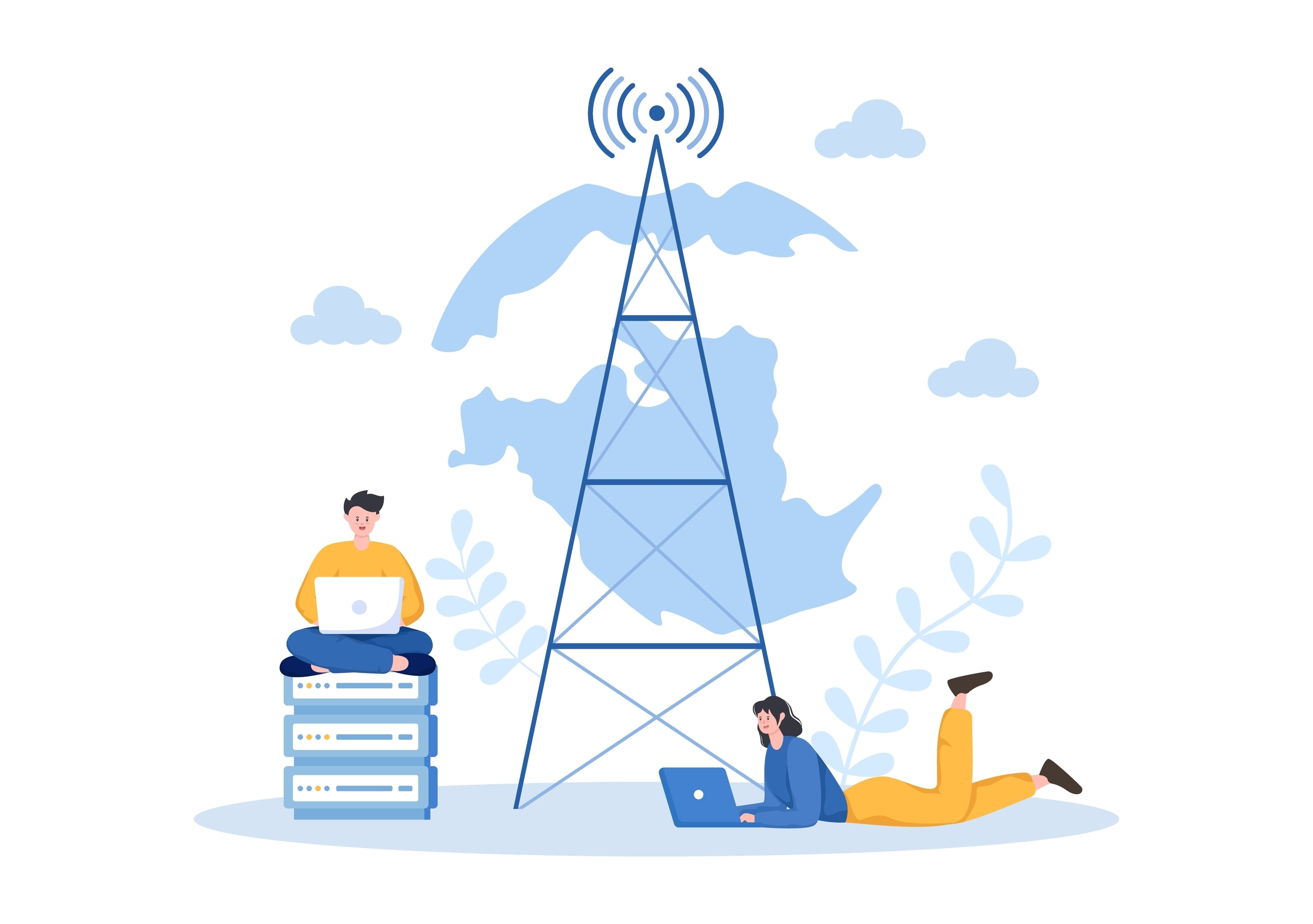

Consider VPN Protocols and Encryption
Different VPN protocols offer varying levels of speed and security. Common protocols include OpenVPN, L2TP/IPsec, PPTP, and IKEv2/IPsec. OpenVPN is known for its balance of speed and security. Choose a VPN that supports multiple protocols and allows you to switch between them based on your requirements.
Check for Bandwidth Limitations and Data Caps
Ensure the VPN provider offers unlimited bandwidth and doesn't impose data caps. Unlimited bandwidth ensures consistent speeds throughout your usage, allowing you to browse, stream, and download without interruptions or speed throttling.
Verify Logging Policies
Choose a VPN with a strict no-logs policy. This means the VPN provider doesn't keep any records of your online activities, ensuring your privacy. Additionally, ensure the VPN is located in a jurisdiction that respects privacy laws.
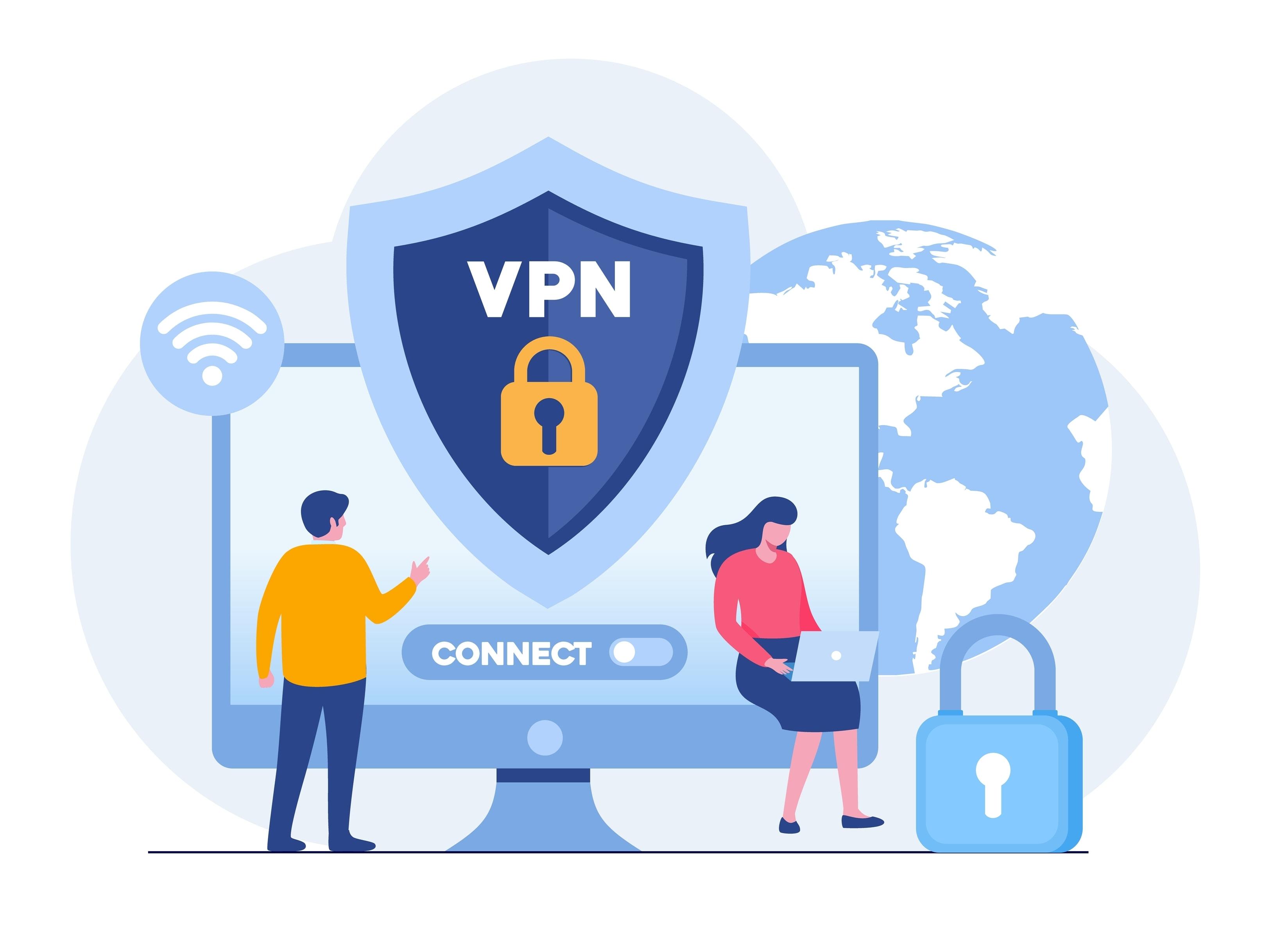
Conclusion

In conclusion, while a VPN can potentially slow down your internet speed due to encryption processes and server-related factors, choosing the right VPN and configuring it appropriately can mitigate this impact. Understanding the factors that affect VPN speed and making an informed choice can help you strike the right balance between privacy and performance. Always prioritize your specific needs and preferences when selecting a VPN to ensure a satisfactory online experience.
FAQ
How can server load affect VPN speed?
Server load refers to the number of users connected to a VPN server at a given time. If a server is handling a high volume of traffic, it can become congested, leading to a slowdown in internet speed for all users connected to that server. Opting for a VPN provider that effectively manages server load can help maintain optimal speed and performance.
Can my device's specifications impact VPN speed?
Yes, your device's specifications can influence VPN speed. Older or less powerful devices may struggle to handle the encryption and decryption processes efficiently, potentially resulting in slower internet speeds when using a VPN. Upgrading to a more capable device can help mitigate this impact.
Does the time of day affect VPN speed?
Yes, the time of day can affect VPN speed, especially during peak usage hours when internet traffic is high. The increased demand for network resources can lead to slower connections. Connecting to a VPN during off-peak hours may result in faster speeds due to reduced network congestion.
Can using a free VPN slow down my internet more than a paid VPN?
Yes, using a free VPN can potentially slow down your internet speed more than a paid VPN. Free VPNs often have limited server resources and may prioritize paid users over free ones, leading to slower speeds for free users. Paid VPNs generally invest in better infrastructure and prioritize performance for all users.
How does the type of internet connection impact VPN speed?
The type of internet connection you have, such as fiber-optic, cable, DSL, or satellite, can influence your VPN speed. Fiber-optic and cable connections generally offer faster speeds compared to DSL or satellite connections. When using a VPN, these underlying internet speeds can be affected, potentially impacting your overall VPN speed.
Explore Now and Ensure a Secure, Lightning-Fast VPN Experience
Make an informed choice for optimal online privacy and lightning-fast connections.
VPN Unlimited is also part of MonoDefense security bundle.